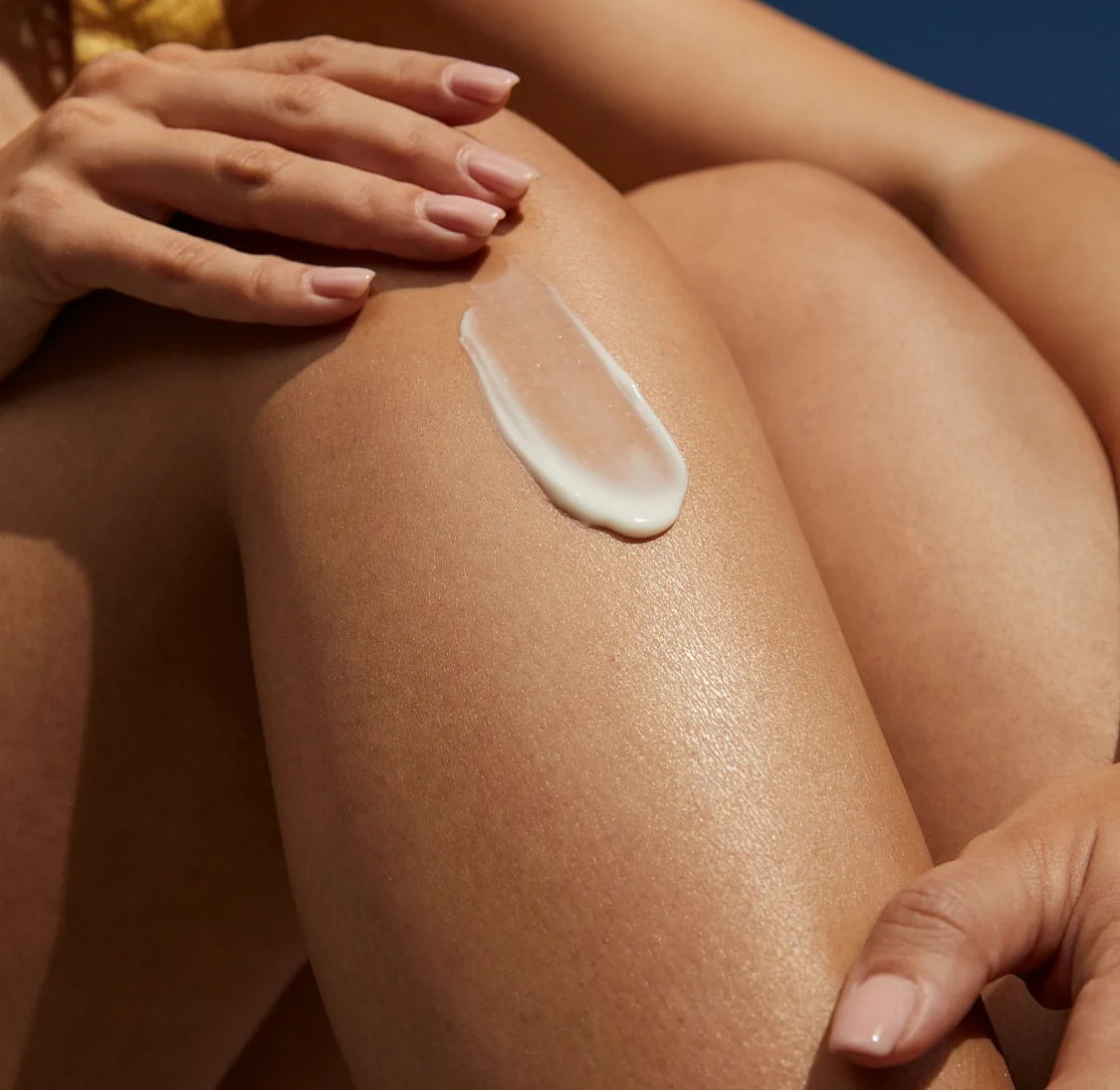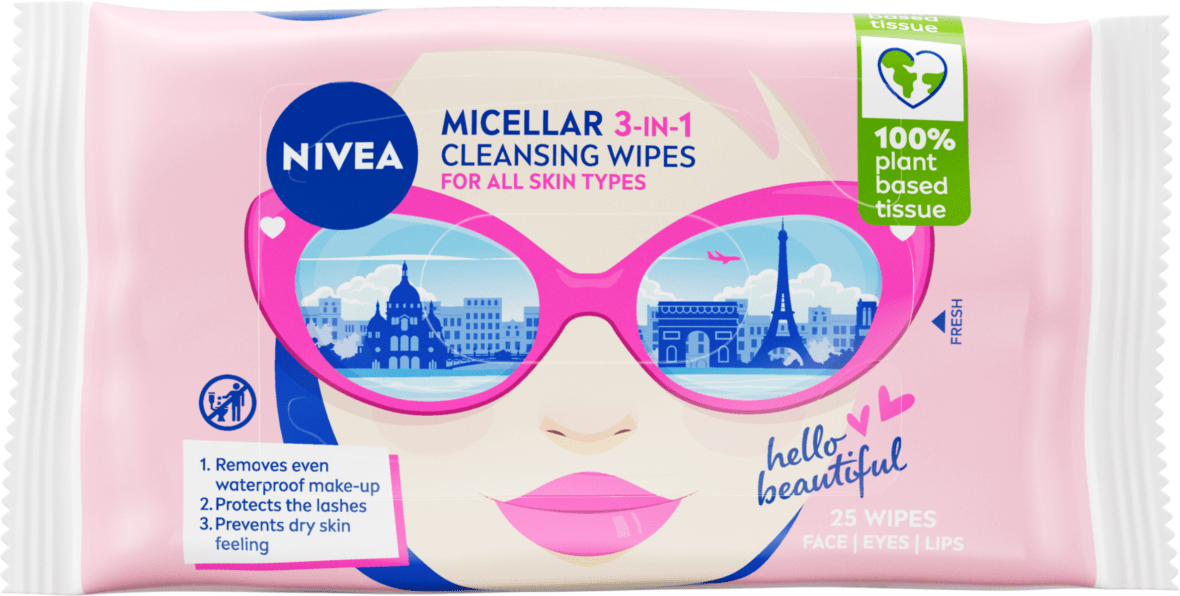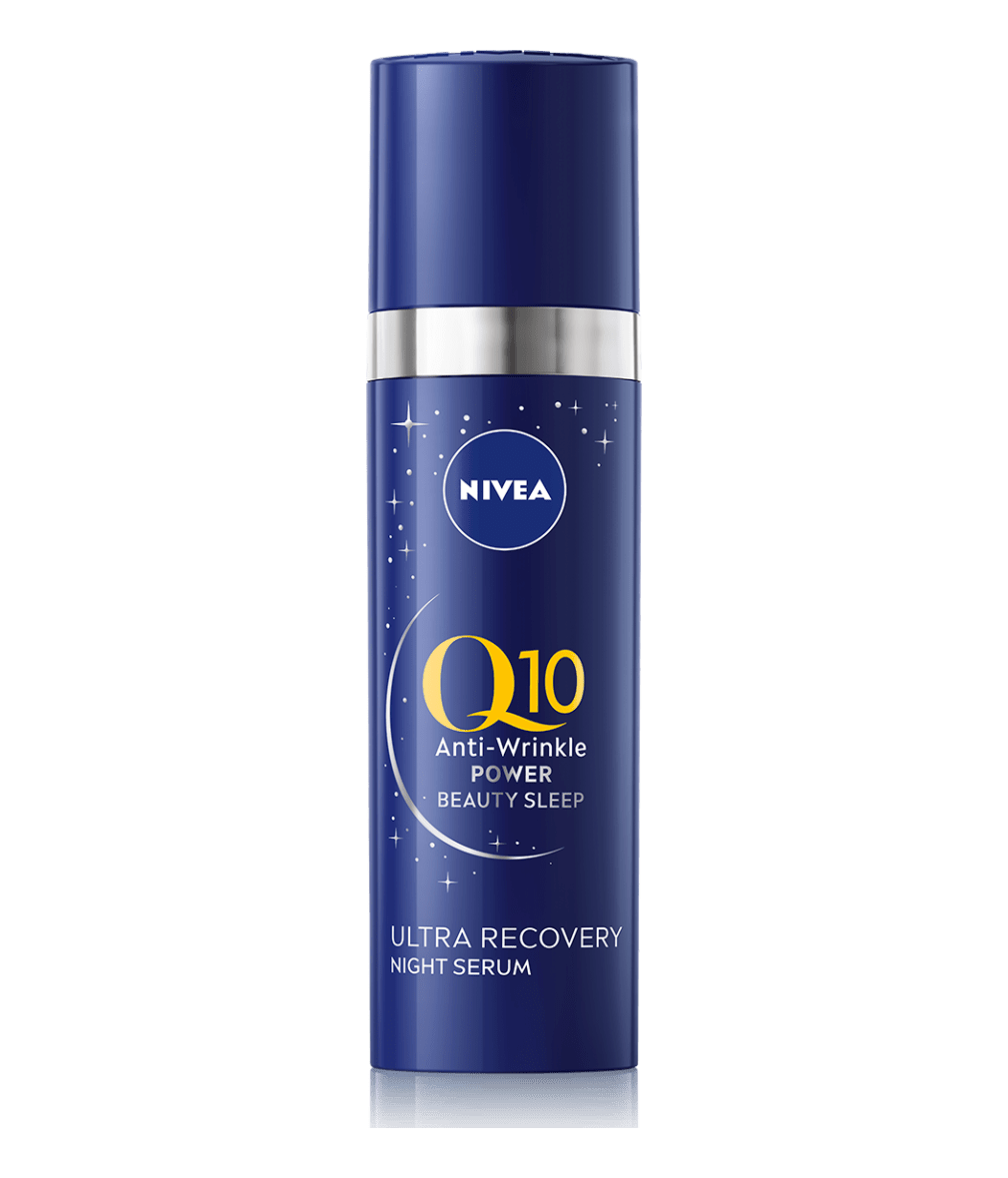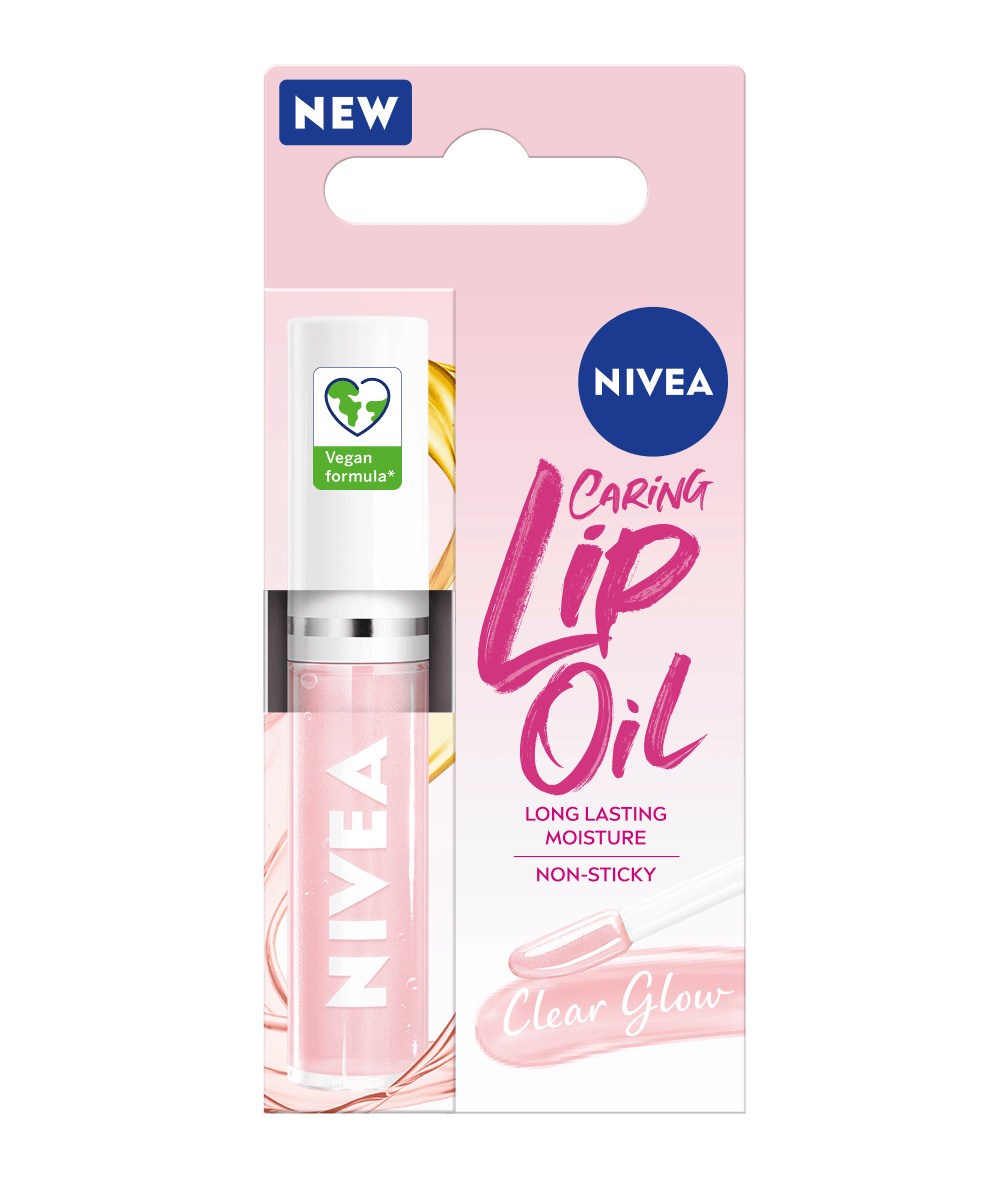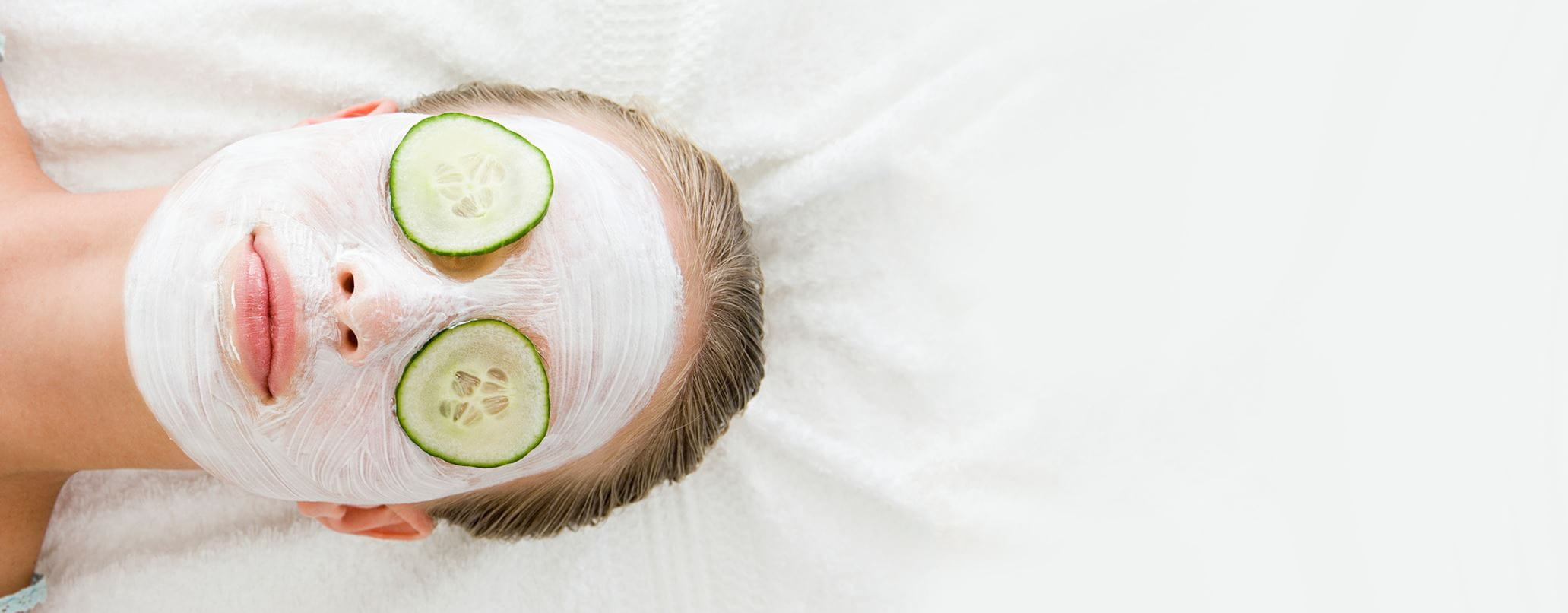
5 Benefits Of Clay Face Masks For The Skin
Discover the key clay mask benefits and how to choose the best clay face mask for your skin
CLAY FACE MASK BENEFITS FOR THE SKIN
Clay is well known for its cleansing and purifying powers and is one of the most effective skin care ingredients. Read more to discover what benefits a clay face mask has, how to choose the clay for your skin and how to make a DIY clay mask at home.
Types of Clays
There are various types of clays that are used for skin care, here are a few the most popular ones:

